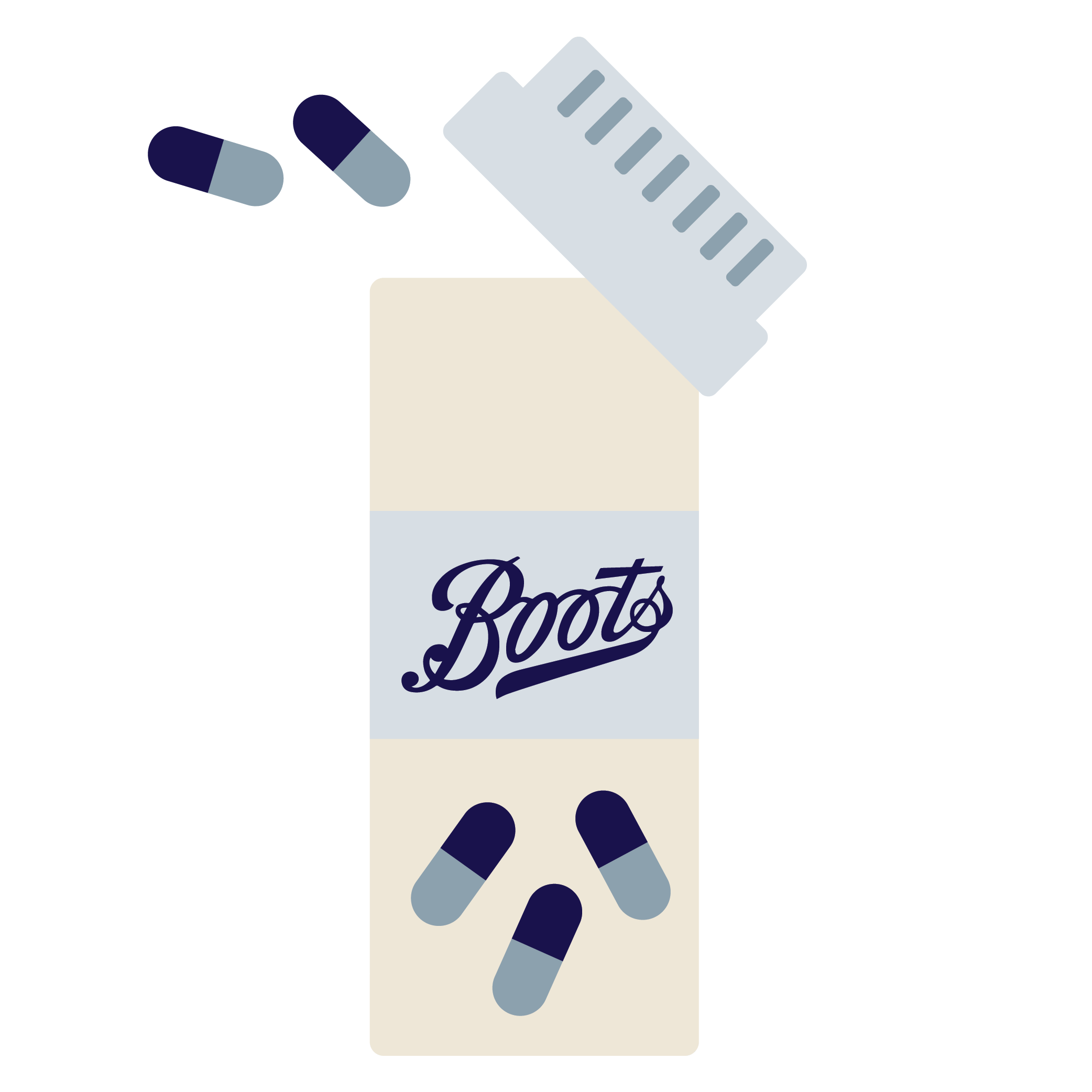
ROSACEA TREATMENT FACTS
ROSACEA TREATMENT FACTS
About rosacea treatments
We can provide a wide range of treatments for mild or moderate rosacea. Topical treatments can reduce both the appearance of blood vessels and redness, and can help to clear up any infected skin. We’ll help you find the treatment that’s right for you.
If you have severe rosacea, or if your rosacea is affecting your eyelids or eyes, please see your GP in person.
How do the treatments work?
Some of the treatments shrink the blood vessels at the surface of the skin and reduce redness. Other treatments use antibiotics or antibacterial ingredients to treat any skin infections, reducing the skin’s inflammation.

How do the treatments work?
Some of the treatments shrink the blood vessels at the surface of the skin and reduce redness. Other treatments use antibiotics or antibacterial ingredients to treat any skin infections, reducing the skin’s inflammation.
What are the side effects?
The treatments we offer can cause a burning sensation when they’re first used, and some may seem to make your skin worse before it gets better. It’s important to stick to the treatment for at least a week to give the medicine a chance to take effect.
For the full information of a medicine’s side effects and how to take it, it’s important to read the Patient Information Leaflet that comes with your medicine.
How quickly do rosacea treatments work?
We usually prescribe a course of topical treatment over a one week period and we’ll contact you after the first week to make sure that it’s working. This may be different for some treatments. It’s important to know that some of the treatments may make your skin worse at first before it starts to get better.
Since rosacea is a long-term condition, it’s important for you to keep your medication to hand in case of flare-ups, even if your skin is much better.
What are my options if I don’t get treatment?
If left untreated, rosacea can become worse and your skin can become infected. If you have rosacea on only one part of your face, it can spread to other parts of your face such as your eyes and eyelids. If this happens, you will need to see a GP in person.
Important safety information
Please tell us which other medicines you’re taking — whether they’re prescription or medicines you’ve bought without a prescription. We need to know so that we can prescribe rosacea treatments that are suitable for you. If you’re taking certain medicines or living with certain medical conditions, this service might not be suitable for you.

